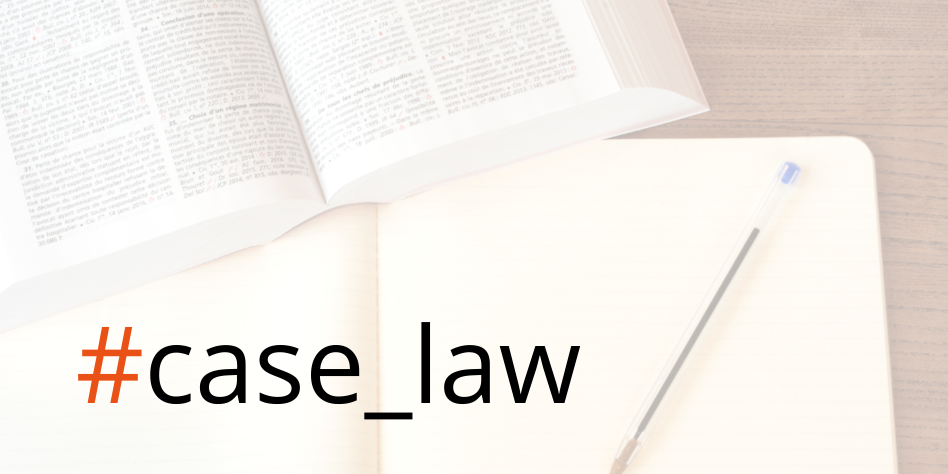
A final decision on the nailing allows you to buy the auctioned property despite the debtor’s bankruptcy (resolution of the Supreme Court of November 18, 2021, reference number Akt III czp 77/20)

A final decision on the nailing allows you to buy the auctioned property despite the debtor’s bankruptcy (resolution of the Supreme Court of November 18, 2021, reference number Akt III czp 77/20).
The debtor’s bankruptcy results in the discontinuance of enforcement proceedings against him (Article 146(1) of the APL). However, if the sale of real estate is in progress, a final confirmation of the final confirmation prior to the declaration of bankruptcy allows the purchaser to be awarded, provided that the bidding conditions are met.
Circumstances of the case and content of the decision
In the course of execution against real estate, the court, after the auction, granted the buyer a confirmation. The decision became final on May 31, 2019, and on August 2, 2019, the debtor was declared bankrupt. The court bailiff stated that the execution was discontinued by operation of law and discontinued further actions, while the court supervising the enforcement ordered the buyer to pay the price and – after meeting the auction conditions – awarded ownership of the property. This decision was appealed by the trustee, and in the course of the appeal proceedings, the court referred a question of law to the Supreme Court.
A resolution was adopted in the case, according to which the decision on declaring bankruptcy becomes final and binding is not an obstacle to awarding ownership of real estate to the buyer of the auction, if the bidder was validly approved before the debtor was declared bankrupt and the auction conditions were met.
In the justification, the Supreme Court presented the essence of the individual stages of real estate enforcement. He explained that the provision of Art. 146 sec. 1 p.u. states directly about the admissibility of adjudication of real estate after suspension of enforcement, which could indicate that award after discontinuance of enforcement is excluded. However, in the opinion of the Supreme Court, this does not mean that the buyer’s rights cease to be protected after discontinuation of enforcement under the law. The provision in question establishes only an exception to the prohibition of taking actions in suspended proceedings, and the protection of the rights of the bidder requires that the effects of a final bid remain in force even despite discontinuation of execution by law.













